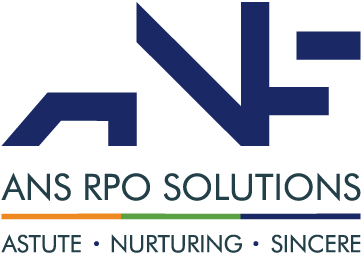The legal sector, with its intricate web of regulations, diverse practice areas, demanding client expectations, and characterized by its unique challenges, is currently undergoing a digital transformation. In this landscape, Recruitment Process Outsourcing (RPO) is emerging as a strategic ally, providing valuable assistance in navigating the complexities of legal sector recruitment. Let’s delve into the multifaceted aspects that define legal sector hiring.
- Specific Requirements in Legal Hiring:
Legal roles are inherently specialized, each demanding a distinct set of skills and knowledge. Whether recruiting for corporate law, intellectual property, or litigation, legal sector hiring involves identifying candidates with a combination of academic excellence, industry experience, and a nuanced understanding of legal intricacies. The specificity of these requirements necessitates a tailored and meticulous approach to recruitment, ensuring that candidates not only meet but exceed the expectations of legal employers.
- Challenges in Legal Sector Recruitment:
The legal sector faces unique challenges in talent acquisition. The demand for top-tier legal professionals often outstrips the available supply, creating a highly competitive hiring landscape. Additionally, the legal profession operates within a stringent regulatory environment, requiring recruiters to navigate complex compliance issues. Confidentiality concerns and the need for cultural fit within law firms further add layers of complexity to the recruitment process. Successfully addressing these challenges demands recruiters with a deep understanding of the legal profession and its unique nuances.
- Digital Transformation in Legal Hiring:
The digital era has brought about a transformation in how legal sector hiring is conducted. Technology is playing a pivotal role in streamlining the recruitment process, from sourcing candidates to conducting interviews. Applicant Tracking Systems (ATS) are ensuring a more organized workflow, allowing recruiters to efficiently manage candidate data and track the progress of applicants. Virtual interviews, facilitated by digital platforms, are expanding the geographical reach of legal recruiters, enabling them to connect with talent beyond traditional boundaries. The integration of digital tools is not merely a matter of convenience but a strategic move to enhance efficiency, broaden the talent pool, and adapt to the evolving dynamics of the legal hiring landscape.
- RPO Assistance in Legal Recruitment:
Recruitment Process Outsourcing (RPO) has emerged as a valuable solution to the challenges posed by legal sector hiring. RPO providers, equipped with industry-specific knowledge and a global talent network, offer a strategic advantage. They navigate the intricacies of legal staffing, providing scalability, flexibility, and a deep understanding of specific legal roles. RPO in legal hiring ensures that organizations gain access to a pool of pre-qualified candidates, reducing time-to-fill, and enhancing the overall quality of hires. By leveraging RPO assistance, legal firms can focus on their core legal activities, confident that the recruitment process is in the hands of experts who understand the nuances of the legal profession.
Also Read – How Technology is Revolutionizing Recruitment
In conclusion, legal sector hiring is a dynamic landscape shaped by specific requirements, challenges, digital transformation, and the strategic support of RPO. The industry’s reliance on precision, confidentiality, and specialized expertise demands a recruitment approach that goes beyond the conventional. As the legal profession continues to evolve, so too must the strategies employed to attract, assess, and secure top legal talent. The synergy between industry knowledge, digital tools, and the strategic assistance of RPO providers is redefining the contours of legal sector recruitment, making it more agile, responsive, and aligned with the unique demands of the legal profession.


